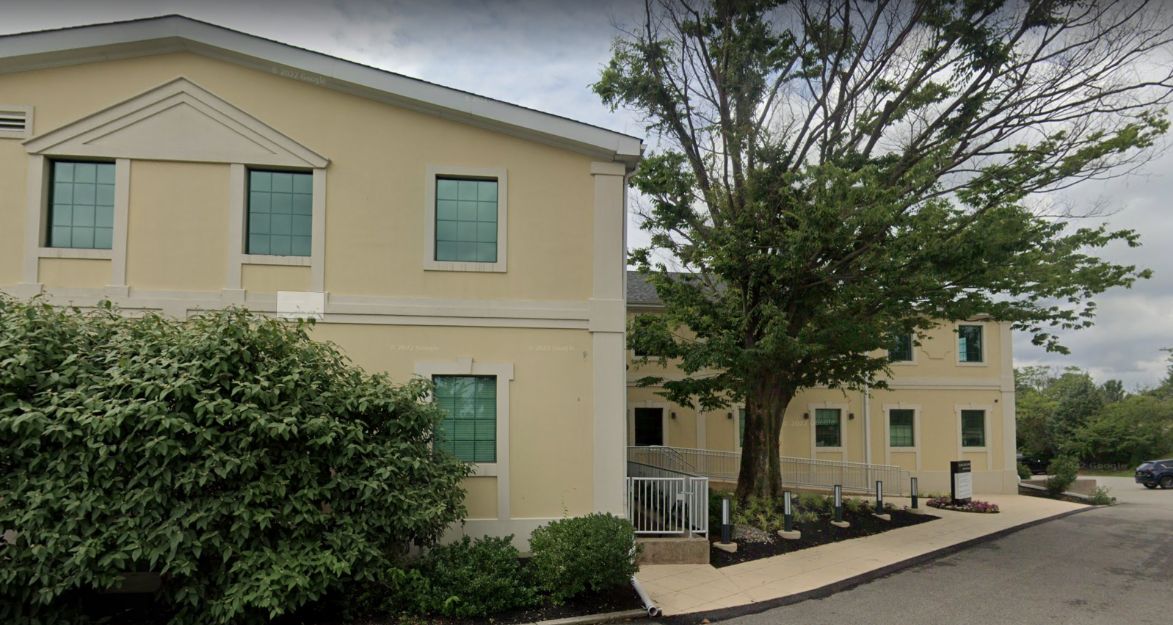Rashes
Understanding Rashes: Causes, Symptoms, and Treatment
A "rash" is a broad term that refers to various skin eruptions that can result from different physiological or environmental factors. Nearly everyone experiences a rash at some point in their life. The duration of a rash can vary greatly depending on its type, location, and the appropriate treatment, ranging from a few days to several months.
At Keystone Dermatology Partners, partnering with a skin expert can provide you with the guidance and personalized treatment options needed to treat and prevent rashes effectively. Learn more about the different symptoms and causes of rashes below, and schedule your skin check to start your journey to healthier skin with Keystone Dermatology Partners.
Examples of Rashes
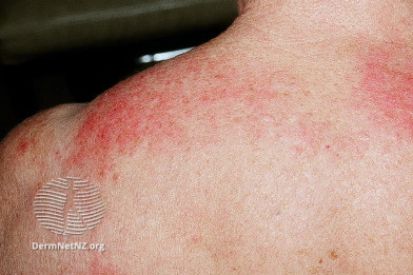
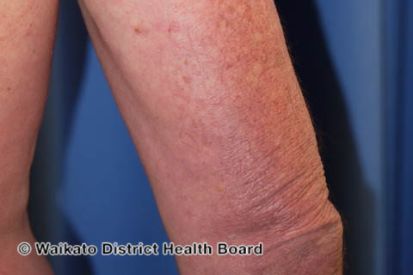
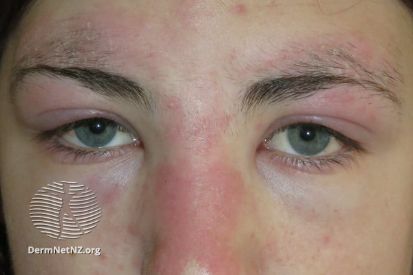
What are the Symptoms of Rashes?
- Redness: Rashes often display a reddish hue on the affected skin due to increased blood flow or inflammation.
- Itching: Itchiness is a common symptom accompanying rashes, causing discomfort and a desire to scratch the affected area.
- Bumps or blisters: Rashes may present as raised bumps or fluid-filled blisters on the skin.
- Dry or scaly skin: Some rashes manifest with dry, flaky, or scaly patches, causing roughness or peeling of the skin.
What Causes a Rash?
- Rashes can be caused by various factors, including allergic reactions to substances like certain foods or medications, skin contact with irritants, infections such as fungal or bacterial, autoimmune conditions, or underlying medical conditions.
- Environmental factors, like heat or certain fabrics, may also contribute.
- Identifying the specific cause of a rash often requires careful examination by your dermatologist in order to determine treatment.
How to Prevent a Rash
Partnering with a skin expert is the best way to determine your custom skincare routine. Scheduling regular skin checks with your dermatologist go a long way in prevention.
FAQs about Rashes:
Rashes can have various causes, including allergies, infections, or skin conditions. Your body might be reacting to something it came into contact with, like a new lotion or plant.
Certain skincare products, like those containing harsh chemicals or fragrances, can trigger rashes. Opting for gentle, hypoallergenic products can reduce the discomfort. A dermatologist can recommend products tailored to your skin's needs.
Scratching a rash can worsen the irritation and potentially lead to infection. Over-the-counter anti-itch creams, cool compresses, and keeping the affected area moisturized can help relieve itching.
It depends on the type of rash. Some rashes benefit from being kept covered to prevent further irritation, while others may heal better when exposed to air. Your dermatologist can advise on the best approach based on your specific rash.
Watch: We Offer Diagnosis and Treatment of Skin Care Needs
How to Treat Rashes
If you're dealing with a rash, dermatological guidance is key for the right diagnosis to help you find an effective, healthy skin treatment plan. Schedule your appointment today.
Featured Blogs

- General Dermatology
- Chronic Skin Conditions
Learn more about the effects Covid-19 can have on your skin. Know what kind of rashes to look out for.
Read More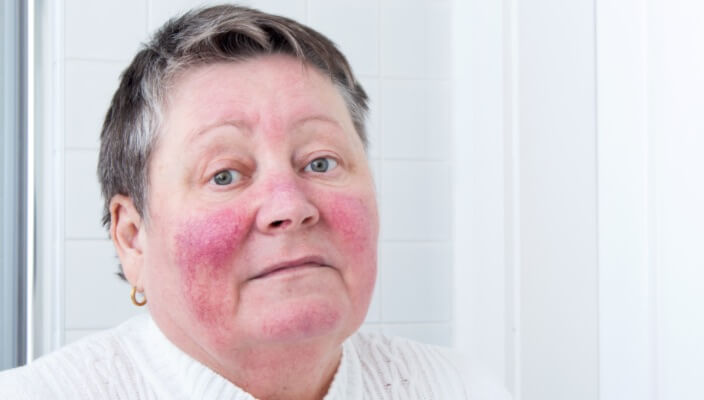
- General Dermatology
- Skin Care
Rosacea is a common skin condition characterized by facial redness and pimples. A recent study suggests that drinking caffeinated coffee may reduce the risk of developing rosacea, highlighting a potential benefit of coffee consumption.
Read More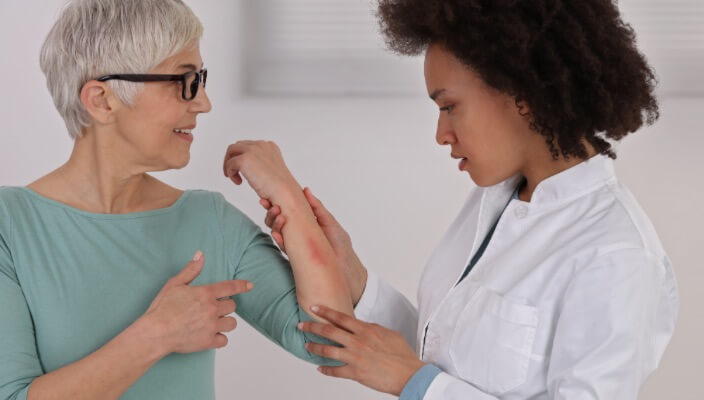
- General Dermatology
Almost everyone experiences itchy skin at some point. Read this blog to learn how a dermatologist can help.
Read More

